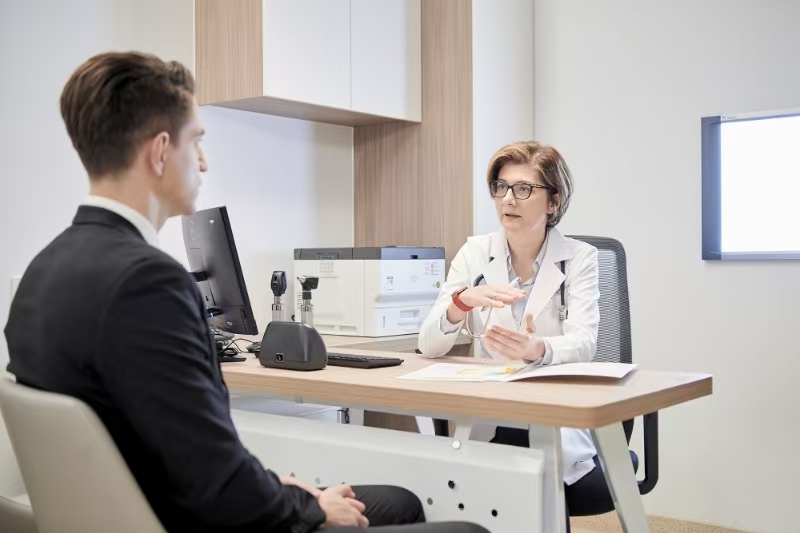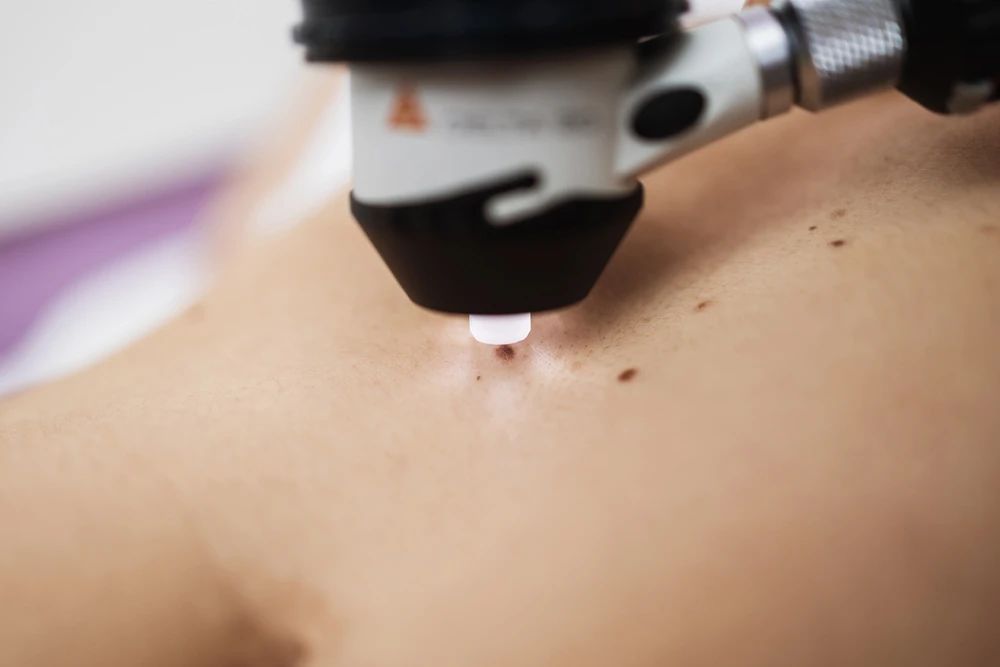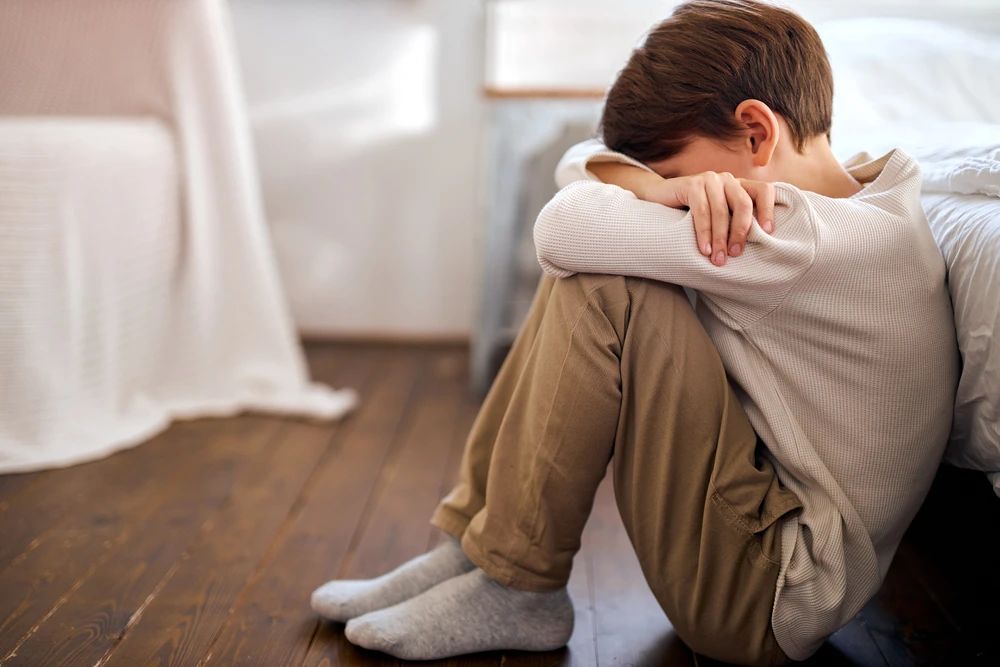Childhood Hearing Loss: Everything You Need to Know
2021-09-08
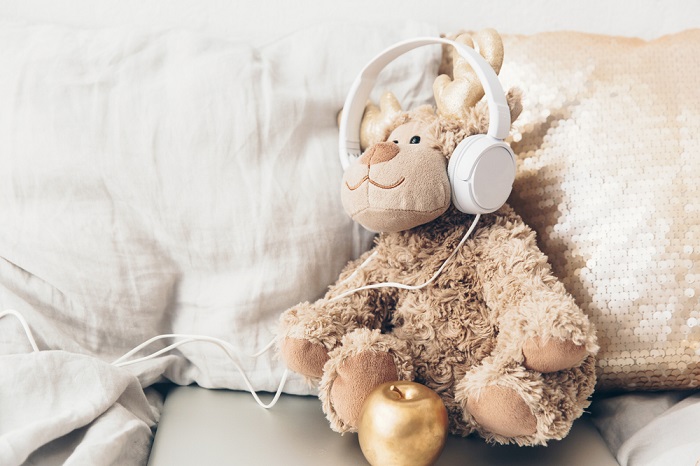
Dr. Michaela Baum, ENT Specialist, tells us more about hearing loss in children and why they are more common than many people realize.
What causes hearing loss?
Most children who suffer from hearing loss have parents and other family members that do not have hearing problems. Infants can develop hearing loss due to non-hereditary causes including:
- Maternal infections during pregnancy, such as rubella
- Low birth weight or severe jaundice
- Lack of oxygen during delivery (known as birth asphyxia)
- Overuse of drugs during pregnancy
It is also common for children to acquire hearing loss at a later stage of their development such as from:
- Injuries to the ear or head
- Prolonged exposure to extremely loud noises
- Otitis media, which results in fluid collecting in the middle ear
- Infectious diseases (eg. meningitis, measles, chicken pox and encephalitis)
- Medications (eg. those used to treat certain cancers and infections)
Sometimes, the cause(s) of childhood hearing loss simply cannot be ascertained.
Types of hearing loss
The ear has an outer, middle and inner part, and a hearing nerve connecting the inner ear to the brain.
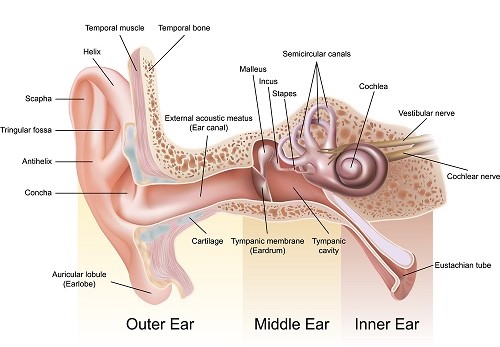
Hearing loss is the result of obstruction occurring in the ear which prevents sound from reaching the inner ear. The ear is a complex structure, and hearing loss can affect some or all of the inner ear. Sensorineural hearing loss is the result of damage to the inner ear, hearing nerve or the hearing part of the brain. Mixed hearing loss is a combination of both these types of hearing loss. Hearing loss can vary from mild to profound in severity which results in the following disabilities:
- Mild hearing loss: able to hear normal conversations clearly in a quiet environment but not when there are a lot of background noises
- Moderate hearing loss: able to hear speech clearly only when the speaker is close by
- Severe hearing loss: cannot hear anything meaningful without a suitable hearing aid
- Profound hearing loss: almost or completely deaf
How do I know if my child has hearing loss?
Universal newborn hearing screening programs test newborns for hearing loss. In these programs, hospital staff will visit you in the postnatal ward to carry out these tests. Babies who fail these tests will be subjected to more detailed confirmatory tests. For babies confirmed to have hearing loss, the appropriate early intervention is key in preventing delays in speech and language development. A child who has passed hearing screening tests at birth can still develop hearing loss at a later stage. Hence, parents must remain vigilant.
Signs to look out for include:
- No appropriate responses to the sound of your voice
- The child does not get startled by loud noises such as the sound of thunder or the door banging shut
- Lack of babbling or cooing, or not finishing noises they start to make
A delay in milestones relating to hearing, speech and language development is a concern.
- By 3 months, your baby should be turning their head and smiling when you talk to them
- By 6 months, your baby should enjoy playing with noisy toys, and should be repeating basic sounds
- Between 6 – 12 months, your baby should be babbling and saying their first words
- Between 15 – 18 months, your toddler should start to form simple sentences and understand simple instructions
If your child is suffering from an ear infection which can result in hearing loss, they might have the following clinical symptoms:
- A persistent fever
- Pulling or tugging at their ear or both ears
- Seeming constantly tired and frustrated
- A lack of energy
- Screening for hearing loss
- Childhood hearing loss - Screening for hearing loss
If you suspect your child has hearing loss, it is important to visit your doctor for testing as soon as possible. During the critical first years of a child’s life, their development is rapid and even a few months’ delay can have a significant impact on their communication abilities later in life.
Your doctor is likely to perform a range of tests to assess your child’s hearing ability. A physical ear exam will allow them to check for inflammation caused by an infection or excess wax. Clinical screening tests include checking for responses to voices at various intensities. Responses to sounds produced by tuning forks may also be used in the clinic. Detailed audiometric tests with earphones may have to be carried out by the audiologist if indicated. In young children who have difficulties in understanding and following instructions, objective hearing tests under sedation may be necessary.
Treatment options
Treatment plans for hearing loss depend on the cause and severity of the hearing loss. If the problem is due to infection or fluid collection in the middle ear, medical treatment such as the use of antibiotics might help. In ears with impacted ear wax, your doctor might need to first soften the hard wax by using olive oil or wax softeners. The softened wax can then be flushed out with warm water or removed using a vacuum suction.
If the problem is more complicated, your child may need to see an ENT specialist for management which includes:
- Surgery (e.g. to drain middle ear fluids and to repair eardrum perforations)
- Hearing amplification devices. Hearing aids can be fitted to children as young as a few weeks old, and advanced technology is available to cater to your child's specific needs
- Cochlear implants, which are surgically implanted to stimulate the auditory nerves, allowing even profoundly deaf individuals to hear
In addition to medical treatment, speech and language rehabilitation is often important as complementary treatment for optimal results.
Prevention
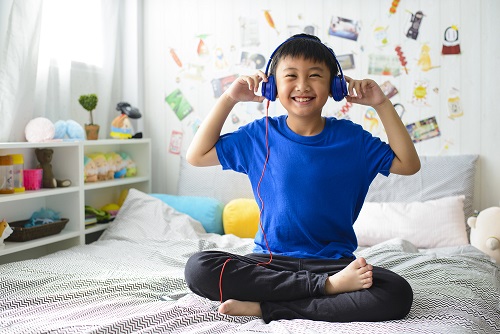
There are certain types of hearing loss that can be prevented, such as noise-induced hearing loss.
The inner ear can be potentially damaged by excessive loud noise exposed over prolonged periods of time. In young people, leisure-noise induced hearing loss is especially relevant. Nowadays, young people are increasingly exposed to loud music from earphones and other activities. Hence, as a preventive measure, ensure your child’s electronic music devices are used at safe volumes by setting maximum limits. Activities that expose a child to excessively loud music over prolonged periods of time without adequate ear protection should be discouraged.
You should also ensure your child receives all necessary vaccinations, and has regular check-ups with their doctor, to prevent illness and infection that could lead to hearing loss.
Constantly encourage communication, by talking to, reading to and playing with your child, so that if something does happen to your child's hearing, you'll know it's time to see your doctor.
For more information or to make an appointment with a Specialist, please call 400-819-6622.
Article reviewed by Dr. Michaela Baum, ENT Specialist at ParkwayHealth.

Copyright: Health Plus an online health and wellness web resource developed by Parkway Singapore
References:
Borgia, S.A. (2016, June 1). 5 Ways To Help Your Child With Hearing Loss. Retrieved December 5, 2018 from https://www.webmd.com/children/guide/child-hearing-loss#2
Deafness and Hearing Loss. (2018, March 15) Retrieved December 5, 2018 from http://www.who.int/news-room/fact-sheets/detail/deafness-and-hearing-loss
Grayson Mathis, C.E. (n.d.) Treating Childhood Hearing Loss. Retrieved December 5, 2018 from https://www.webmd.com/baby/features/treating-childhood-hearing-loss#3
Hearing Loss (n.d.). Retrieved December 5, 2018, from https://www.mayoclinic.org/diseases-conditions/hearing-loss/symptoms-causes/syc-20373072
Help For Parents Of Children With Hearing Loss. (n.d.). Retrieved December 5, 2018 from https://www.webmd.com/parenting/help-for-parents-hearing-impaired-children#1
Isaacson, B. (2016, June 1) Treatments for Hearing Loss. Retrieved December 5, 2018 from https://www.webmd.com/a-to-z-guides/hearing-loss-treatment-options#2
Ratini, M. (2017, December 13) Hearing Loss. Retrieved December 5, 2018 from https://www.webmd.com/a-to-z-guides/hearing-loss-causes-symptoms-treatment#1
Wade, W. (n.d.). Does Your Child Have Hearing Loss? Retrieved December 5, 2018, from https://www.webmd.com/children/features/does-your-child-have-hearing-loss
WHO outlines ways to prevent and mitigate childhood hearing loss. (2016, March 1). Retrieved December 5, 2018 from http://www.who.int/news-room/detail/01-03-2016-who-outlines-ways-to-prevent-and-mitigate-childhood-hearing-loss








